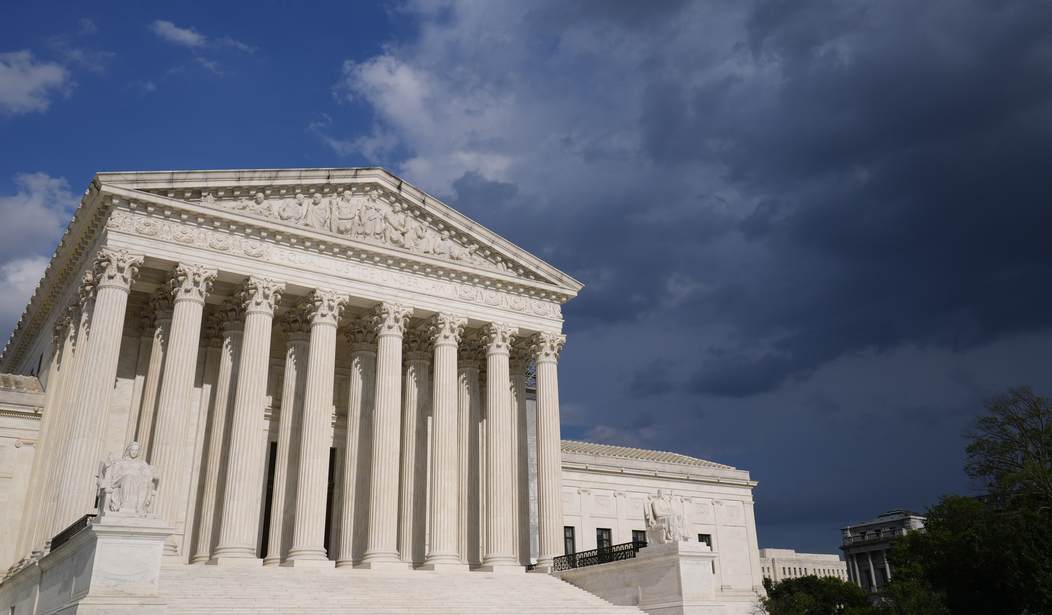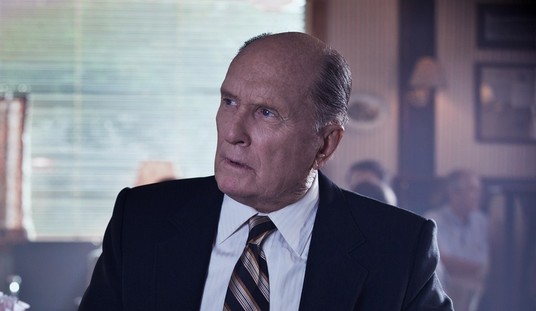The Supreme Court recently ruled to overturn the Chevron doctrine precedent that has stood since 1984.
Recent precedent reversals, such as the overturning of Roe v. Wade, have gotten much more attention. But this change is of enormous importance, and everyone should know what it's about.
In the 1984 Chevron ruling, an environmental group, the Natural Resources Defense Council, sued to overturn a decision by the Reagan-era Environmental Protection Agency to ease regulation of emissions. The court ruled to uphold the EPA decision, reasoning that, unless the point of dispute had been addressed by Congress, the federal agency's interpretation of a statute should stand.
The growth of power of federal agencies over the years following this decision has been of great concern, with many seeing the executive branch, of which federal agencies are a part, usurping both the legislative authority of Congress and the judicial authority of the court.
Per Scotusblog.com. the Chevron decision has been cited by federal courts more than 18,000 times.
Practically speaking, the scope and power of unelected bureaucrats over the lives of private citizens has increased dramatically over the years.
Per the Competitive Enterprise Institute, in 2023, federal agencies issued 3,018 final rules with the force and effect of law, compared to 68 bills passed into law by Congress.
CEI estimates the annual cost of regulation to be $2.1 trillion. This is 2.5 times larger than our defense budget.
Supreme Court Associate Justice Neil Gorsuch has just released a new book entitled "Over Ruled: The Human Toll of Too Much Law."
Gorsuch estimates that since 1970, the number of federal crimes on the books has doubled. Per the book, U.S. statutory law runs to 60,000 pages, with another 188,000 pages of regulations, imposing on the American people 9.8 billion man-hours of paperwork annually.
Recommended
The Supreme Court agreed to hear a challenge by two fishing companies to a rule issued by the National Marine Fisheries Service. The court upheld the challenge, thus overturning the Chevron precedent.
Chief Justice John Roberts in his decision noted that the Chevron precedent is inconsistent with the Administrative Procedure Act, which directs that it is the responsibility of the court, not the federal agency, to decide if the agency is interpreting a statute correctly.
Justice Clarence Thomas weighed in, noting that the Chevron doctrine is an affront to the constitutional division of authority among the three branches of government, giving authority to the executive branch "to exercise powers not given to it."
It is vital not to forget that the vision of the nation's founders was a free country. But no matter how brilliantly a constitution is written and designed to limit government, ultimately it is human beings that pass, implement and interpret law.
The outcomes depend on the individuals who do all this.
After Congress passed "Obamacare" in 2010, with no Republican votes, the new law then went to the Department of Health and Human Services for implementation. The provision requiring that providers include preventative care in their plans necessitated a definition of "preventive care." HHS included in the definition birth control, contraception and sterilization.
In 2015, the court ruled in Obergefell v. Hodges to redefine marriage to include individuals of the same sex. How can we possibly leave it to judges to define what is marriage?
The preamble to the Constitution notes its purpose is to "secure the blessings of liberty ourselves and our posterity."
But with the decline of faith, government has become the new religion. When citizens want government to run their life, the Constitution will get interpreted to accommodate this.
In 1965, 70% said religion is "very important" in their life, and in that year, government consumed 15.9% of GDP.
In 2023, 45% said religion is "very important" in their life, and government consumed 22.4% of GDP.
We might say the cost of big government is the price we pay for a heathen society.

























Join the conversation as a VIP Member